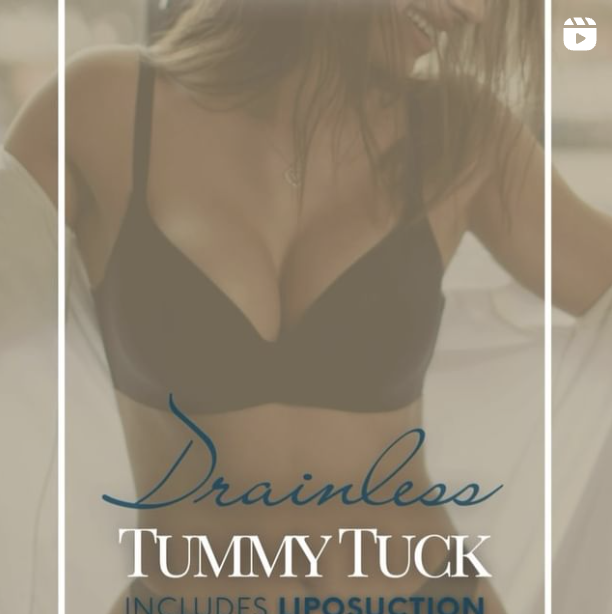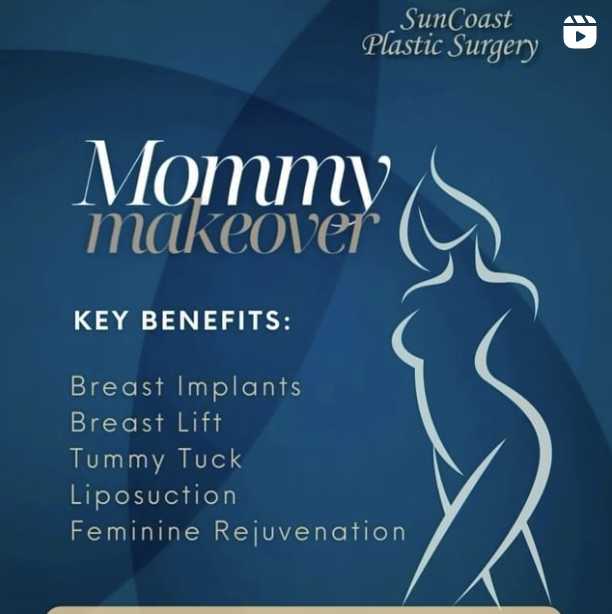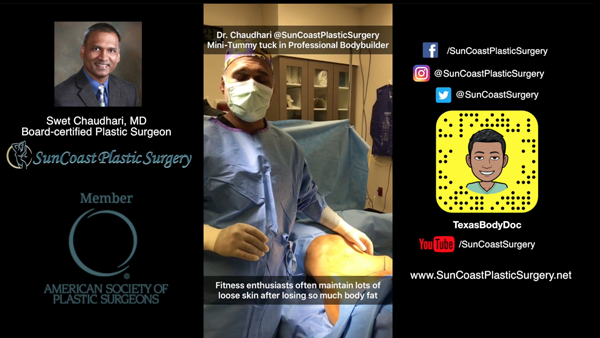So youve finally decided to start eating healthily, but it seems like all of your friends have completely different opinions on the best way to do it. This is a very common phenomena because even though we have access to all sorts of information on diet and nutrition, there is just as much misinformation out there and its very difficult to separate the fact from the fiction. Thankfully, weve been able to cut through all of the superstition and pseudoscience to find the truth behind some of the biggest myths surrounding healthy eating.
Counting Calories Makes You Lose Weight
Counting calories is an exhausting, inaccurate, and ineffective way of trying to lose weight. The amount of calories in something is actually just a small portion of the effect any given food will have on your health. A crucial part of eating well and losing weight is educating yourself on all of the different elements of nutrition and not focusing on a single factor to determine how much you should eat.
There is a Miracle Diet
Highly specialized diets have been around for a while, but it seems like people are more zealous about them now than ever. Whether your friends are trying to force keto, paleo, or some other diet that ends in -o on you, you should keep in mind that food affects everyones bodies differently and there is no such thing as a one-size-fits-all diet. When trying to improve your eating habits, you need to pay close attention to how your body reacts to different types of food and shape your diet around that and not someone elses opinion.
Fat Makes You Fat
Fat is a crucial part of the human diet and cutting it out entirely usually results in having it replaced by more damaging foods with excessive amounts of sugar. A balanced diet requires fat, carbohydrates, and protein none of which are bad for you in moderate amounts. In fact, clean fats like avocado can actually help you lose weight.
Late Night Snacking is Bad
Late night snacking isnt the best thing for you, but its not because of the time of day. The reason eating late at night is actually cautioned against is because it can often lead to overeating, especially if youre munching on overly salty and sugary snacks. Unless youve accounted for midnight snack ahead of time, youre likely to end up consuming more than your body needs for the day.
Organic Food is Better for You
Organic and non-organic foods are both nutritious and safe, its entirely a matter of personal preference. The nutritional content of fruits and vegetables is determined by a confluence of factors in their growth, storage, and shipment. This means that organic foods can end up being more, less or just as nutritious as their non-organic counterparts.
Are there any myths that we missed that you would like to see busted? Send them to us!







